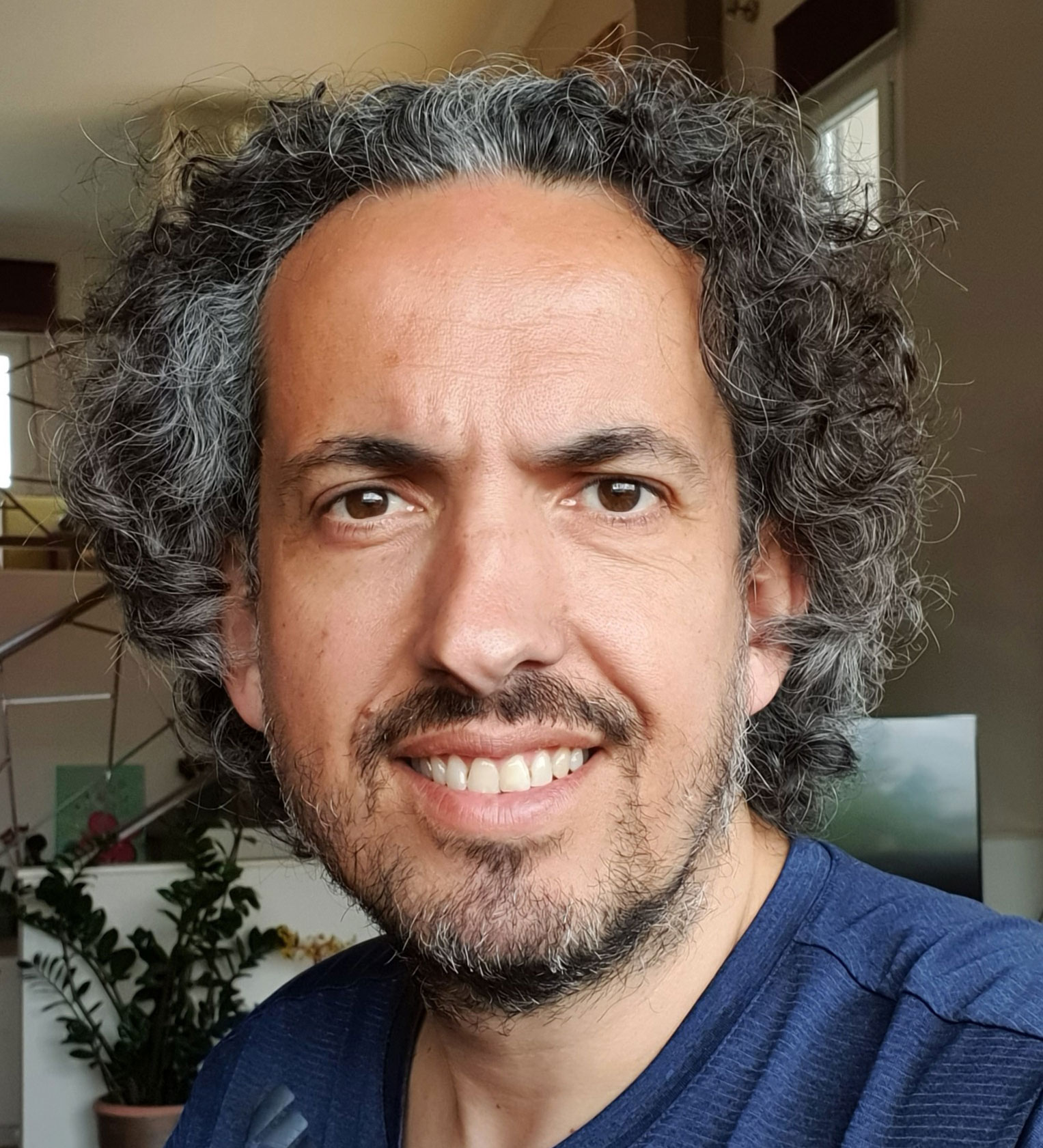
Five years ago, the AUTH Computer Science Department’s Computational Intelligence and Deep Learning Research Group began collaborating with the Wireless and Photonic Systems and Networks group. Today, thanks to the work of two teams, Greece has registered the world’s fastest artificial intelligence processor using light. The advantages of the OUT photonic processor are that it operates at a frequency of up to 50 GHz, i.e. 25x faster than today’s GPUs, while still being able to consume 10x less power.

“That is, greater speed and significant energy savings are achieved,” he notes. speaking today with “K”, Mr. Anastasios Tefas, Professor in the Department of Computer Science, Head of the Computational Intelligence and Deep Learning Research Group and Research Supervisor of the study along with Associate Professor Mr. Nikos Pleros, who leads the Wireless and Photonic Systems and Networks group. Their success demonstrates the value of the Greek scientists, who have many obstacles to overcome.
– How difficult is it for a small research team to reach such a high level?
– The complexity is great due to insufficient funding for research in our country. In our case, we first had to secure funding for our ideas, mainly from European funds and secondarily from national ones. For Greek research groups, direct funding from the European Union is often the only way to carry out high-level research. Factors that can hinder us, such as limited resources and infrastructure, as well as excessive competition, can be eliminated to some extent with the right strategy and research approach.
Collaboration with other research groups, national and international networks, promotion and dissemination of results and, above all, investment in human capital play an important role. That is, outstanding young researchers who study and graduate from Greek universities. Achieving high standards in everything we do takes time, dedication and constant effort.
– What is the problem with science in Greece?
– There are high-level researchers in Greece, but they are worried about whether they will have the money to earn a living and continue their research next year, whether they will be able to receive financial support in their efforts to build connections and promote their work internationally with participation in scientific conferences. Unfortunately, a steady stream of funding with huge competition exists only directly from the European Union, which issues applications for research proposals in all scientific subjects once or twice a year.
However, the success rate is low, as usually 1 out of 15 proposals succeeds. Therefore, the research policy of our country should also be adapted with fixed annual invitations to universities and research institutes in the country to carry out research projects in all academic subjects.
– Does Greece have a comparative advantage compared to other countries to strengthen its position as an innovation hub?
– Greece has highly qualified personnel with experience in various fields. The high quality of education and the emphasis on academic research create skills and knowledge that can drive innovation. High academic education is combined with the richness of Greek culture. Finally, Greece’s geographical position as a bridge between Europe and the Middle East, as well as its dominant position in the Balkans, could create opportunities for cooperation and innovation.
– What should be done to limit the flight of good young scientists and facilitate the return of those who have left?
– Significantly increase the creation of employment opportunities on conditions consistent with international realities in terms of wages, infrastructure and opportunities for further funding and development of research groups. Strengthening the research and academic community will encourage young scientists to stay in the country and contribute to innovation. Strengthening the collaboration of the academic and scientific world with the private and public sectors can create opportunities for employment and application of research results in practice.
In general, there is a need to create a stable enabling environment for young scientists in Greece, with opportunities for growth, recognition and rewards. It is a pity that we only have the opportunity to work with some of the best Greek researchers during their undergraduate studies, as they go abroad immediately after that. Unfortunately, in most cases, they leave not for a higher level of education, but for a better chance of finding a decent job and promotion.
Portugal example
– In addition to the obvious increase in funding, I would also like to note the need for cooperation between the academy, industry and business. It is important to create additional mechanisms to encourage cooperation between universities, scientific institutions, business and the public sector. We don’t need to reinvent the wheel as we can apply successful models in Greece, followed by the European Union.
This can be done through the creation of special programs and agencies that will facilitate the transfer of technology and the development of innovative products and services. The creation of such mechanisms within the country’s universities is also very important. The merit-based allocation of funds for research and innovation can be secured through evaluation committees that do not include Greek professors and researchers.
This is a practice that is systematically applied in other European countries. In Portugal, for example, the committee for evaluating proposals for research and innovation is made up entirely of researchers from outside Portugal. I have been a member of this committee for the last three years and I think it is a very good model of work.
Source: Kathimerini
Ashley Bailey is a talented author and journalist known for her writing on trending topics. Currently working at 247 news reel, she brings readers fresh perspectives on current issues. With her well-researched and thought-provoking articles, she captures the zeitgeist and stays ahead of the latest trends. Ashley’s writing is a must-read for anyone interested in staying up-to-date with the latest developments.